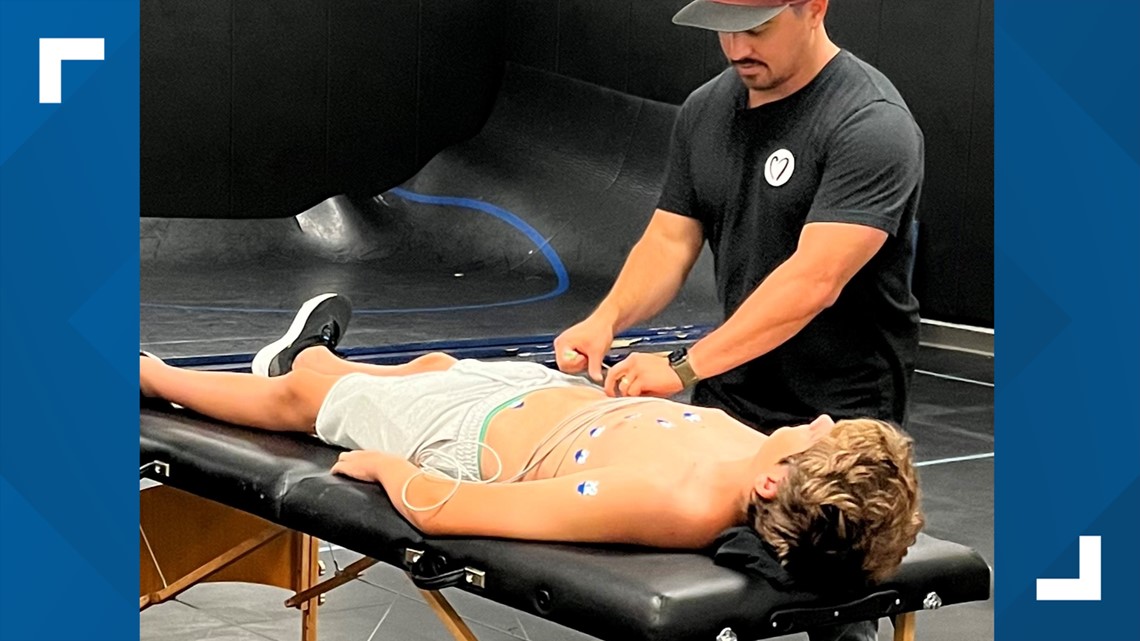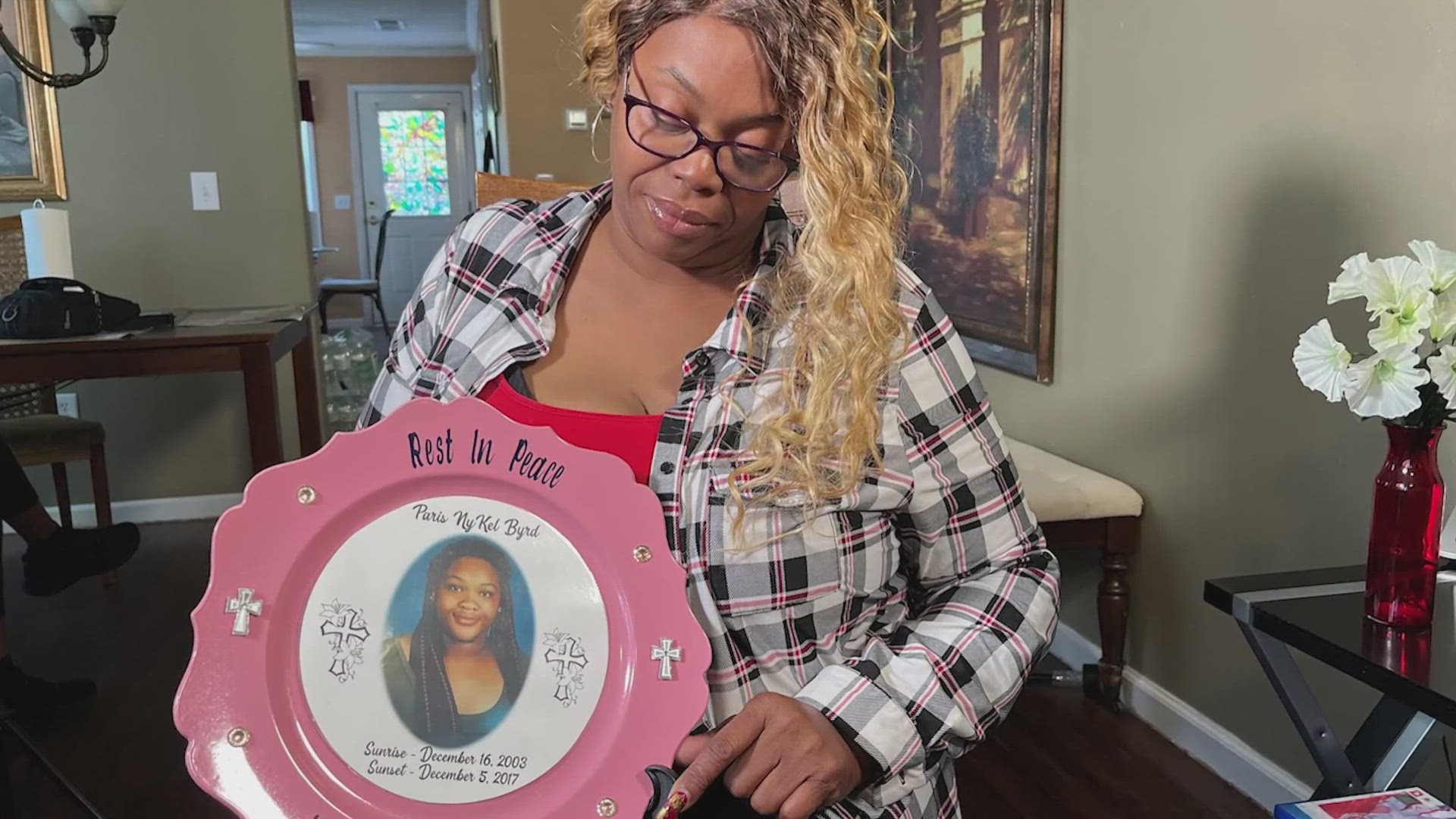JACKSONVILLE, Fla. — It's a simple test that could save your child's life, and you have the chance to get your child screened for free!
First Coast News is teaming up with the nonprofit, Who We Play For, to give Duval County students aged 10 to 22-years-old, a free electrocardiogram. So, what exactly is the test and why is it important? It's important because it can help detect heart conditions that can lead to sudden cardiac arrest.
First Coast News spoke with Dr. Jennifer Maynard, a sports specialist at Mayo Clinic in Jacksonville.
“Sudden cardiac arrest is just when the heart stops beating," Dr. Jennifer Maynard, a sports specialist at Mayo Clinic in Jacksonville told First Coast News. "And there are several different reasons for it. Usually, it's a short circuit, like the electrical system gets thrown off, sometimes it's a structural issue. But regardless, when the heart stops pumping blood to the brain, the athlete or patient will end up passing out and potentially not waking up again. It’s a tragedy and potentially preventable."
Maynard says sudden cardiac arrest can happen to anyone at any time, not just athletes. She recommends children start getting electrocardiograms around the age of ten to help detect potentially life-threatening heart conditions.
"A lot of times with sudden cardiac arrest, in fact most of the time, there are no symptoms ahead of time," Maynard said. "So, you can be young, healthy, physically fit, exercise, no chest pain, shortness of breath, and then collapse on the field."


Getting an electrocardiogram, also known as an EKG or ECG, only takes a few minutes.
"The stickers are on, the leads are attached," Maynard said. "We simply press a button while the athlete is lying nice and still. And that's the best time to really get this test done, is in a resting state. And then the sports cardiologists will do their analysis and we'll let the athlete know their result."
According to Who We Play For, sudden cardiac arrest is the number one cause of death on school campuses. Nine out of 10 people don’t survive if it happens outside of a hospital setting.
"So, that's 90% that don't make it," said Maynard. "Those numbers can be improved with screening. So, recognizing and intervening early, but also to have the athletic trainers or at least a coach or someone that's trained in CPR and AED use on the sideline, those are going to improve the odds of survival."
Maynard shares the three top things parents need to know when it comes to sudden cardiac arrest and their kids.
"I think the first thing to know is that sudden cardiac arrest is still the leading cause of death in youth athletes," Maynard said. "One in 300 youth athletes can have an abnormality that can be detected by ECG. And doing an ECG, it's simple, it's easy, it's painless. And with events like Who We Play For, they can do it for free."
Registration is now open to sign up for a free heart screening on Monday, Jan. 8, 2024 at EverBank Stadium. For details and to reserve a spot to get a free EKG, click here.

